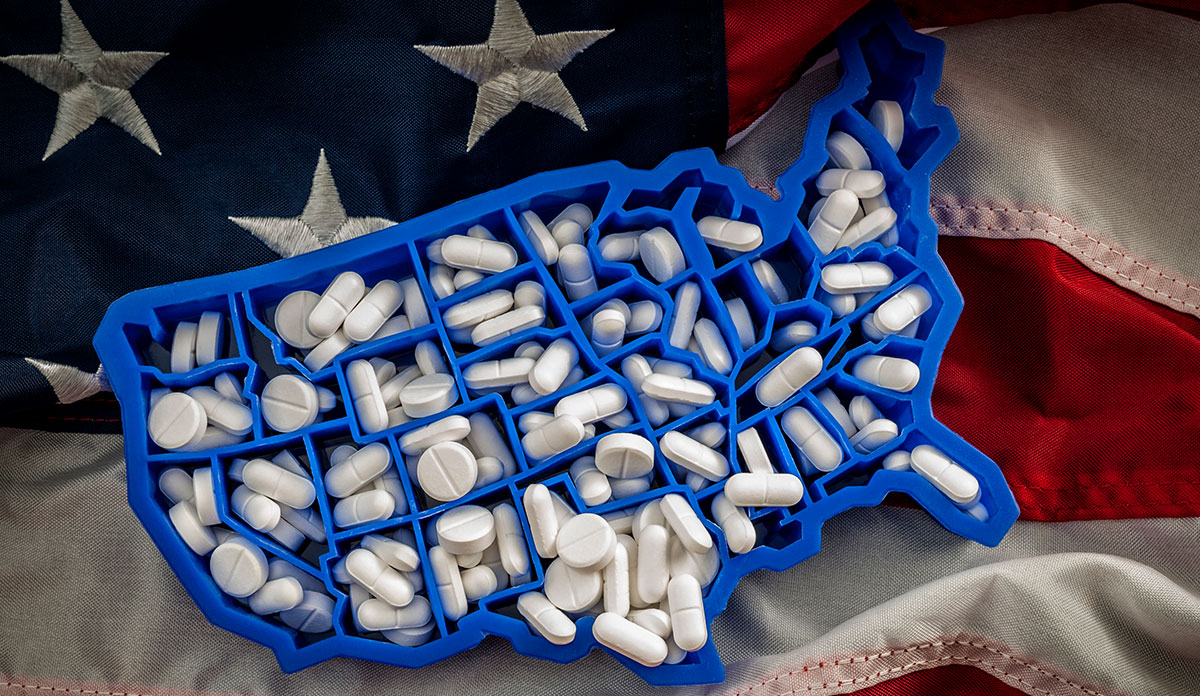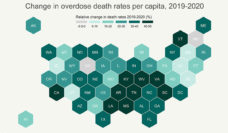Public Health Post is pleased to publish the 2nd place entry in this year’s student essay contest. Congratulations, C To, and here’s their appeal to Speaker of the House Nancy Pelosi.
To the esteemed Speaker of the U.S. House of Representatives:
My name is C To, and I will soon graduate from a master’s in health policy program at the Johns Hopkins Bloomberg School of Public Health. I am a researcher and pursuer of knowledge, and a product of public school systems in multiple states. I am also the child of Vietnamese refugees turned immigrants. Above all, I am an American, and I believe in improving the health and lives of my fellow Americans.
Public health must be a priority for Congress in 2022. Time and time again crises have shown that we must invest in our nation’s health, and the intersection of the Covid-19 pandemic and opioid epidemic has necessitated federal funding toward harm reduction. Almost 1 million Covid deaths to date and over 100,000 drug overdose deaths from April 2020 to April 2021 are unconscionable failures of the U.S. government to protect the people it is supposed to serve.
In December, SAMHSA announced its $30 Million Harm Reduction Grant program, which will fund harm reduction services such as the provision of sterile syringes and overdose prevention kits (including overdose-reversal drugs like Narcan) and referral to treatment and community support services. But some members of Congress have proposed legislation to block this and other federal funding from providing life-saving harm reduction services and supplies. Congress must kill stigmatizing bills such as S.3645 and H.R.6704.
As Speaker of the House, you have the power to influence your fellow Representatives to dispel these myths that harm reduction services and safe drug use materials — which some derided as “crack pipes” — are dangerous. As defined by SAMHSA, harm reduction is an evidence-based approach “critical to keeping people who use drugs alive and as healthy as possible.” By stopping these bills, you can help people who use drugs stay alive, build confidence that support is available, and seek treatment when they are ready.
The war on drugs has eliminated safety nets for people who use drugs, often leading to unemployment and accompanying loss of health insurance. Socially and structurally disadvantaged individuals such as low-income and BIPOC (Black, Indigenous, and people of color) individuals are more likely to die from overdoses than those who are more advantaged. Policies criminalizing drug use and possession have resulted in disproportionate incarceration of people with opioid use disorders. And these populations face a particularly high risk of opioid overdose after release.
The situation is more dire than ever. During a time of isolation and plummeting mental health as we all battle Covid, many individuals are increasing their substance use, putting them at a heightened risk of overdose. As the leading cause of death due to injury in the United States, drug overdose hurts individuals, their families, and whole communities. Federal funding for treatment, rather than punishment, for our fellow Americans is needed to repair and rejuvenate communities across the U.S.
In preventing bills like S.3645 and H.R.6704 from passing, the federal government will extend a lifeline to communities hit hardest hit by the opioid epidemic and the Covid-19 pandemic. Furthermore, continuous support from you and your colleagues for federal funding appropriations such as the recent SAMHSA grant will help us develop robust public health infrastructure to repair the lives of individuals and communities who have been cast aside, before and after this pandemic.
Without health, individuals cannot thrive, and countries cannot prosper. I urge you to serve the United States, as you and your fellow members of Congress have been elected to do, by extending empathy toward all Americans, including people living with substance use disorder. Thank you for the opportunity to testify on behalf of my public health colleagues.
Photo via Getty Images
This essay is the runner-up entry in the Public Health Post student essay contest. The winning essay is published here. Thank you to final judge Paul Shafer, and to our 2021 PHP writing fellows Devin O’Donnell, Sara Mar, Maya Thirkill and Rubina Veerakone, who served as preliminary judges as they wrapped up their fellowship in January. We appreciate all the students who took the time to enter by writing about a public health policy that should be prioritized this year. Keep an eye out for our next student essay contest planned for Spring 2023!














